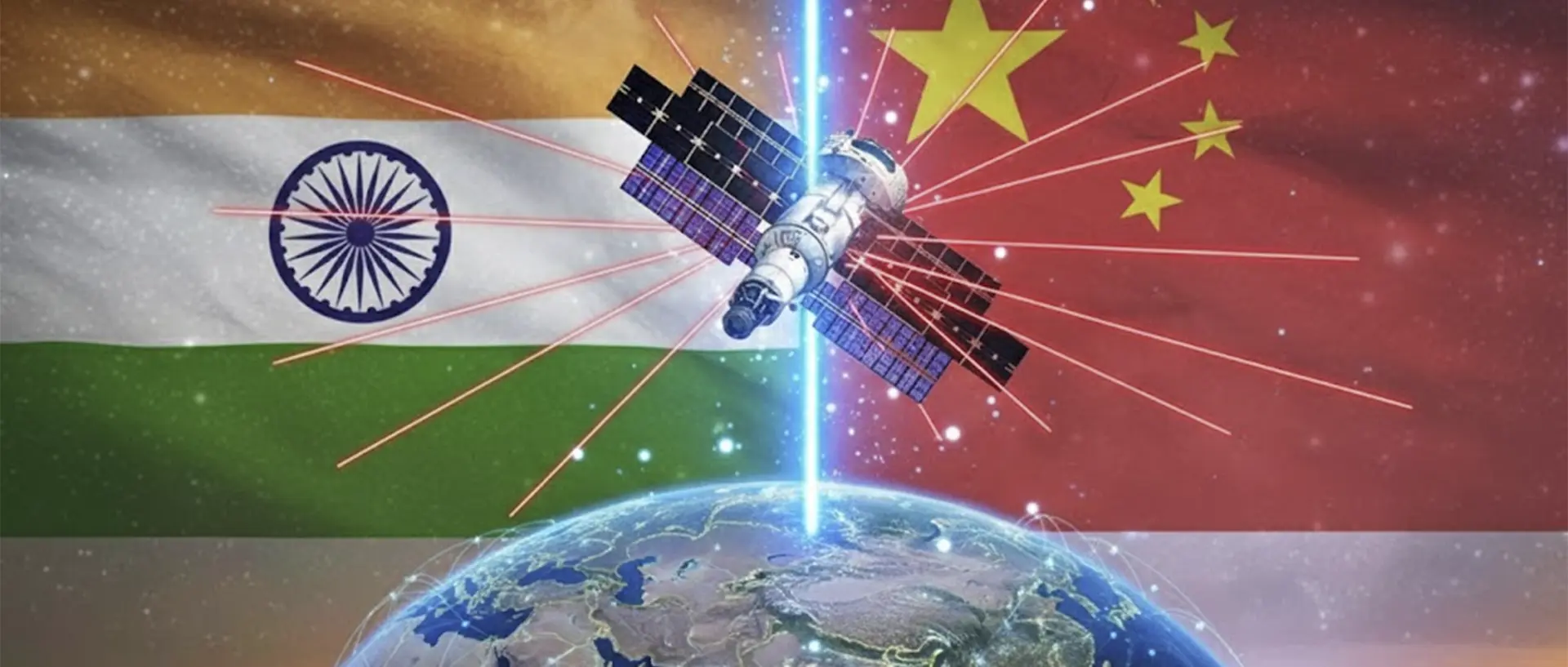In a significant move aimed at strengthening national security and promoting self-reliance in the critical space sector, the Indian government has initiated a process to restrict the use of communications satellites linked to Chinese entities by domestic broadcasters and teleporters.
The decision, being implemented by the Indian National Space Promotion and Authorization Centre (IN-SPACe), is part of a broader, strategic policy to enhance India’s domestic space capabilities amid ongoing geopolitical instability.
The Shift to Domestic and Allied Satellites
Historically, capacity limitations in India sometimes necessitated the use of international satellites, including those with Chinese connections, to ensure continuous service for teleports and broadcasters. However, with space becoming an increasingly vital domain for national defense, the administration is prioritizing a shift to authorized domestic and allied international providers.
- Denied Applications: IN-SPACe has formally denied applications from operators such as Chinasat and Hong Kong-based ApStar and AsiaSat to provide long-term satellite services to Indian firms.
- Broadcaster Transition: Major broadcasters, including JioStar and Zee, along with teleport operators, have been directed to transition their services away from satellites like AsiaSat 5 and 7 to authorized alternatives, such as the local GSAT series and other international operators like Intelsat. A Zee spokesperson confirmed the successful migration of their services to GSAT-30, GSAT-17, and Intelsat-20.
Fostering an Indigenous Space Economy
This restriction is a clear signal of the government’s commitment to the Aatmanirbhar Bharat (Self-Reliant India) initiative within the space domain.
Officials maintain that the indigenous GSAT program is rapidly developing the necessary satellite capacity to meet domestic demands, mitigating any previous challenges of capacity shortage. The move is expected to give a strong boost to the burgeoning Indian space economy, which is projected to reach $44 billion by 2033, significantly increasing its global market share.
The regulatory changes ensure that all international satellite operators, including major global players like Elon Musk’s Starlink and Eutelsat OneWeb, must now obtain mandatory authorization from IN-SPACe to operate in India, formalizing control over a critical piece of national communication infrastructure.
Discover more empowering stories and insightful content like this on GRISU TIMES, your go-to destination for inspiration and knowledge.
Follow GRISU TIMES on Instagram: https://www.instagram.com/grisutimes/

